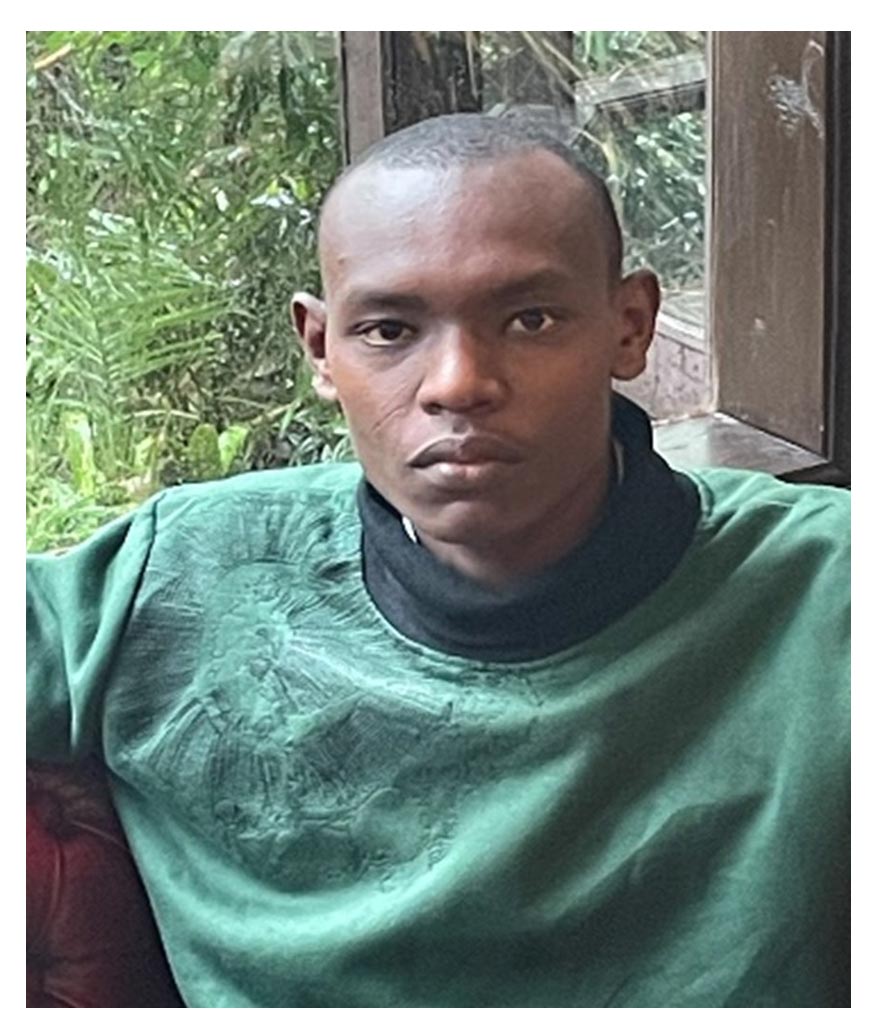Men Must Lead Year-Round Fight Against GBV
Powering 16 Days of Activism… from a Man’s Perspective
The 16 Days of Activism campaign highlights the urgent need to address the pervasive violence against women globally, including Kenya, where it’s often culturally sanctioned. This article calls for a shift in mindset and sustained efforts, particularly from men, to challenge the norms enabling gender-based violence. It argues for constant activism rather than sporadic efforts, with men playing a key role in advocating against such violence and promoting a culture of respect. The goal is to make violence against women universally intolerable through ongoing societal change.

By Brian Kirui
The 16 Days of Activism campaign serves as a powerful call to action against one of the most persistent violations of human rights worldwide – violence against women. Regrettably, violence against women occurs at an alarming rate in nearly every country, including Kenya. What’s even more concerning is that it is often accepted as normal behaviour, and the global culture of discrimination against women allows violence to persist with impunity. It is disconcerting to realize that this violence is not only prevalent but also customized and localized. This customization suggests that perpetrators operate in environments designed to inflict maximum damage.
This points to an enabling environment and various catalysts that governments, action groups, campaigns, and violence prevention programs worldwide have attempted to address. In essence, we’ve been trying to desalinate a sea that is inherently saline. It’s evident that our approach to combating violence against women needs augmentation.
To put an end to violence against women, we must challenge the attitudes that perpetuate, rationalise, and normalise such violence while denying women their right to safety. Overwhelmingly, men are the perpetrators of gender-based violence. To truly eliminate violence, men’s attitudes must change. Shifting these behaviours is a challenging and slow process, but gender equality demands the involvement of all genders to bring about real change.
It is important to note that violence against women has various enabling dynamics. Firstly, there are victims who remain silent on the issue, even while continuing to coexist with their abusers. Secondly, some women perpetuate violence against fellow women, as seen in cases where a female homeowner assaults her female house manager.
Moreover, violence against women is propagated by simplistic policies that are easily manipulated. These policies offer surface-level solutions while failing to address the issue in detail, inadvertently protecting the abuser.
Whereas women are often regarded as caregivers, caring without reciprocity amounts to slavery. This is why the Kenyan government recently launched and unveiled the Time Use Survey, which, when analysed, will shed light on the relationship between violence against women and the burden of caregiving.
In my view, powering the 16 Days of Activism should focus on shaping society’s perspectives so that they do not perceive the fight against violence as an attack on manhood but should be viewed as a complementary show of support not just for women but also for the pillars of their families. This approach would allow us to customize and localise our efforts, ushering in a year-round activism theme dedicated to combating all forms of violence against women and girls. This would not be a struggle limited to a specific time frame but an ongoing, relentless battle. The tools for this fight should be advocacy and community engagement models that encourage men to join the cause.
The 16 Days of Activism against violence must evolve to become a continuous effort, one that actively engages society to eliminate violence. Men’s involvement is key in advocating for gender-based violence, it encourages us to challenge entrenched attitudes or misconceptions and advocate
So, how would a year-long themed campaign, primed to run in the background and geared to focus societal attitudes on women look like? This would be a complex campaign akin to strategising the outcome of a world war. But, for me it is simply based on one thing, for men to be at fore front of abolishing violence against women and, on a day-to-day, basis confront violence at its core.
Confronting violence through small acts everyday of common sense, confronting violence by ensuring it is removed from the arsenal of reactions or projections of those who would use it against the vulnerable is the most sure-fire way of driving activism to eradicate violence against women. Men’s voices need to be heard more because then society starts looks at not only as a Women’s only issue but a societal responsibility to end gender-based violence
Simply put, remove violence as a factor in our everyday lives and we will remove violence against women. It should not be a 16-day affair to spotlight but a dance to the death fought every single day with acts of kindness, love, compassion and humanity for should we eradicate violence, we will never have to worry about violence against women.
Now this may sound very far-fetched and as I earlier said a very complex thing to do, but taking in the tenets of activism of focusing on something and championing it over and above everything may be the required approach to eradicate this menace once and for all. For us to successfully have activism on gender-based violence, we must accept that when a society chooses violence, the most vulnerable are women and children, when there is war, hunger, pandemics, climate change, the most vulnerable are the women and children.
In summary, my 16 days of activism will be based on putting down my violence tool, I urge you to do the same. Let me know after 365 days if we will have reduced violence against women. As my colleague always says, violence against women is an offence where the society should be charged with murder!
About Kirui Brian Kiplangat 
Brian is a communication management professional with an extensive skillset in information and communication roles, a strong attention to accuracy, and the determination to succeed and meet all goals and targets. He is known for his proactive approach to change and passionate advocacy for gender diversity, equality, and equity. He has played an active part in supporting heads of communications in managing and running advocacy campaigns such as the Mainstreaming of Care Work, Women and Girls Supporting Climate Action during the Africa Climate Summit, the ongoing Teen Pregnancy, Adolescents’ Wellbeing, and Child Protection Campaign, structuring digital content creation, running press briefings, and coordinating
interviews for the Office of the Women Rights Advisors




